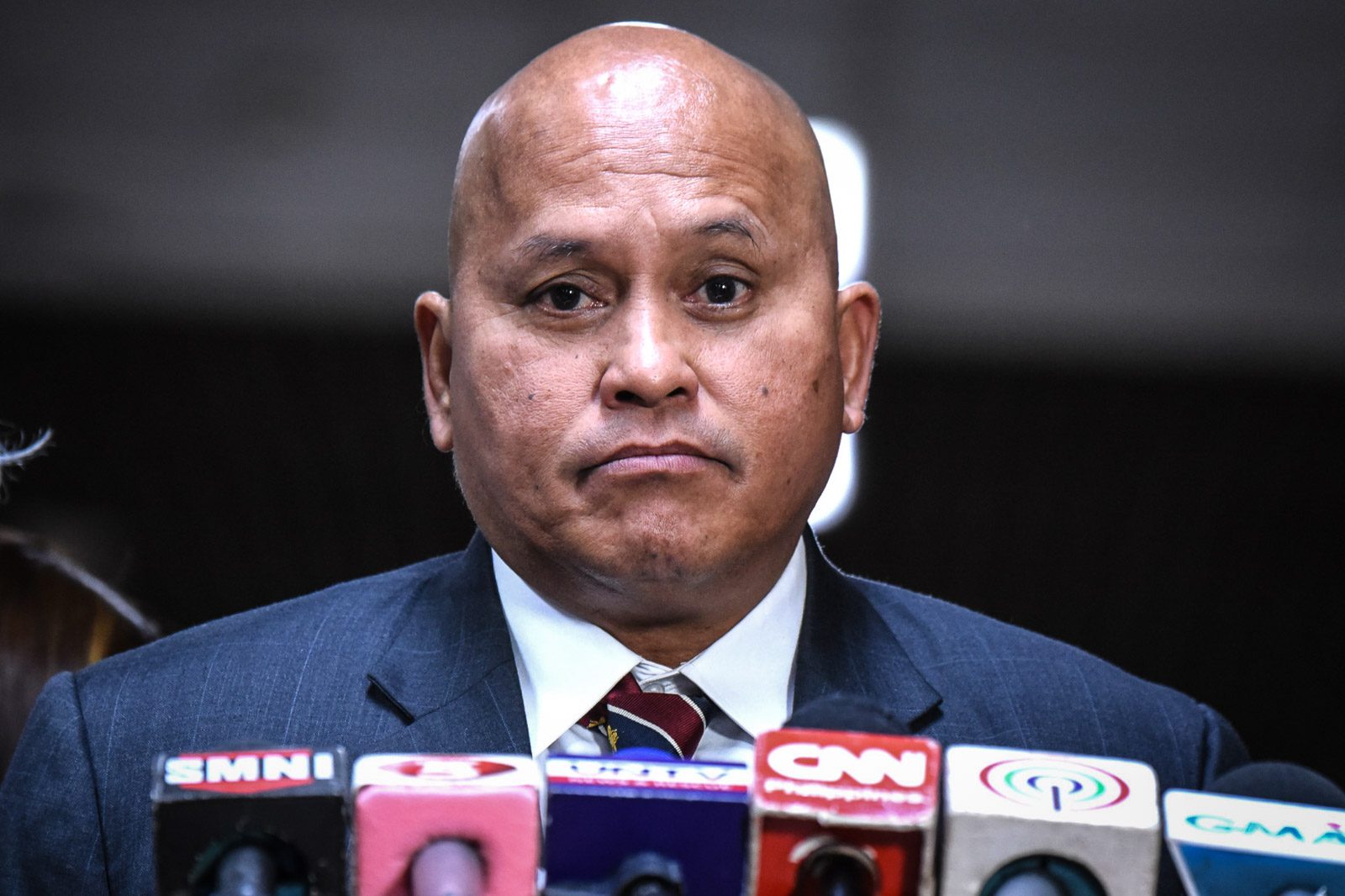SUMMARY
This is AI generated summarization, which may have errors. For context, always refer to the full article.

MANILA, Philippines – Human Rights Watch (HRW) on Thursday, January 23, lauded the cancellation of Senator Ronald “Bato” dela Rosa’s United States visa, adding that bigger problems may soon come for one of the architects of the Duterte administration’s bloody drug war.
In a statement, HRW Asia Advocacy Director John Sifton warned that the visa cancellation could just be the beginning of a series of consequences for those involved in President Rodrigo Duterte’s violent anti-illegal drugs campaign.
“Dela Rosa may still have a date with justice,” he said. “[He] may soon enough face far bigger problems than trouble with his visa to the United States.”
Dela Rosa on Tuesday, January 22, confirmed the cancellation of his visa, following a December 2019 report by Politiko amid intensified crackdown on human rights violators by the US government.
According to HRW’s Sifton, the US State Department’s move sends a message that its country “won’t do business with government officials implicated in atrocities.”
“In revoking Senator Ronald dela Rosa’s visa, the US State Department has exercised its authority to deny visas to persons implicated in gross human rights abuses,” he said. “The next step is for the US government to make clear that this policy extends to all members of the government who are implicated in mass killings associated with the drug war.”
The senator headed the Philippine National Police (PNP) from July 2016 to April 2018, the height of the bloody war on drug, and is often referred to as its architect.
Data shows that at least 5,500 people have been killed in police anti-drug operations alone while human rights groups estimate the numbers to reach 30,000 to include those killed vigilante-style. (READ: The Impunity Series)
Various probes
The situation in the Philippines is currently at the center of attention of several international bodies, including the International Criminal Court and the United Nations.
The UN Human Rights Council in July 2019 tasked rights chief Michelle Bachelet to come up with a comprehensive report on Duterte’s drug war, while ICC Prosecutor Fatou Bensouda is wrapping up her preliminary examination and is expected to come up with a decision whether or not to open a formal investigation in 2020.
“The Duterte government has shown it is incapable of carrying out appropriate investigations into killings, but the ICC still can,” Sifton said.
An investigation by Rappler in 2019 found that the Duterte government has allowed thousands of the killings to go unsolved due to systematic gaps in the police and prosecutorial levels. – Rappler.com
Add a comment
How does this make you feel?
There are no comments yet. Add your comment to start the conversation.